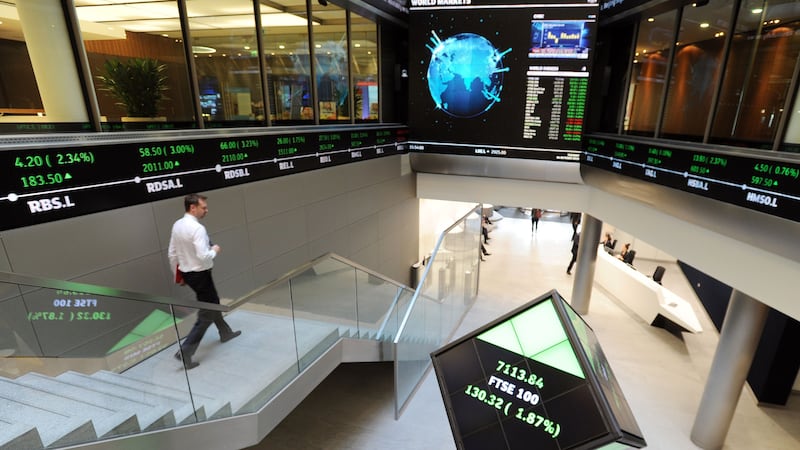FOLLOWING last week’s points on how investment funds perform so wildly different, we had some questions on how to maximise the returns from your investment.
Naturally, it is a financial adviser’s responsibility to review your financial situation regularly. In doing so, they should also be realigning your investment and pension portfolio. Like I said last week, customer apathy has always been the biggest risk I have seen in an investment portfolio. It’s easy to put the boring paperwork away and ‘hope for the best’.
How often should a portfolio be realigned/rebalanced? The optimum moment to do it doesn’t relate to time, ie ‘annually at the same date’.
Roger Gibson showed categorically that a large proportion of investment returns come from diversification of your asset allocation, through not only spreading risk, but maximising on how those risk assets play against each other.
Warren Buffet also said that diversification is for people who don’t know what they are doing. Buffet is a brilliant maverick for sure, but Gibson wins.
Diversification is, however, very misunderstood. It is simply not enough to think that you have spread your money across a wide area of funds and that is your risk balanced out. Not at all. You could be diversified in the same things.
A bag full of stale overcooked chips is still a bad meal, even at 2am.
Remember your objective is either to minimise the risk to an investment for the returns you wish to receive, or to maximise the return on a portfolio from the risk you want to take. Seems simple!
Your investment manager should have created a portfolio of investments and the ideal scenario is that those funds are negatively correlated i.e. you invest into a company selling umbrellas as well as an ice cream company. In normal conditions they will both perform handsomely, but in the event of a heatwave, or in period of persistent rain, so would the other.
While I hope you can forgive the above over simplification, many portfolios are simply not built like that, which is where they lose out on performance whilst taking extra risk.
Markowitz has this explained well in modern portfolio theory that any investor could use.
If you take the optimum portfolio of investments and calculate their returns and the risk taken to achieve them, they will each lie on an upward curve. That curve is called the efficient frontier. To the left is lower risk, to the right is higher risk.
Put simply, in an ideal world, your portfolio should always be on that line. Irrespective of the risk, the return should stay on the line. If it’s below, you are taking more risk for the return you are receiving.
Modern portfolio theory takes out the gut feeling, e.g. when a sector or fund becomes overblown as was the recent case for Neil Woodford’s fund. Last year it traded at a premium of 15 per cent to its value. With gut feeling or ego, that’s a pat on the back, and you potentially buy some more, having told the team at the golf club, who buy more because of the fear of losing out (Folo), and so inflate the price.
However, to a portfolio managed to an efficient frontier, you would be off the curve with too much risk, and simply need to rebalance the extra returns achieved into the negatively correlated investment in your portfolio which is potentially undervalued.
And so, you are selling expensive investments and buying undervalued investments.
That is one of the clear benefits of sticking to a mathematical strategy by your investment adviser/ financial adviser assuring you are always taking the correct risk for the return you desire.
Hence the point regarding when to rebalance a portfolio. It is not the time per se, but the jilt to the portfolio makeup through market movements that create the opportunities.
Central to modern portfolio theory is the clear message that your volatility can be planned for and the ‘man on the street’ is capable of intelligently producing the returns needed to create financial stability and security for their family.
:: Peter McGahan is chief executive of independent financial adviser Worldwide Financial Planning, which is authorised and regulated by the Financial Conduct Authority. If you have a question on investments, call Darren McKeever on 028 6863 2692, email info@wwfp.net or visit www.wwfp.net.








